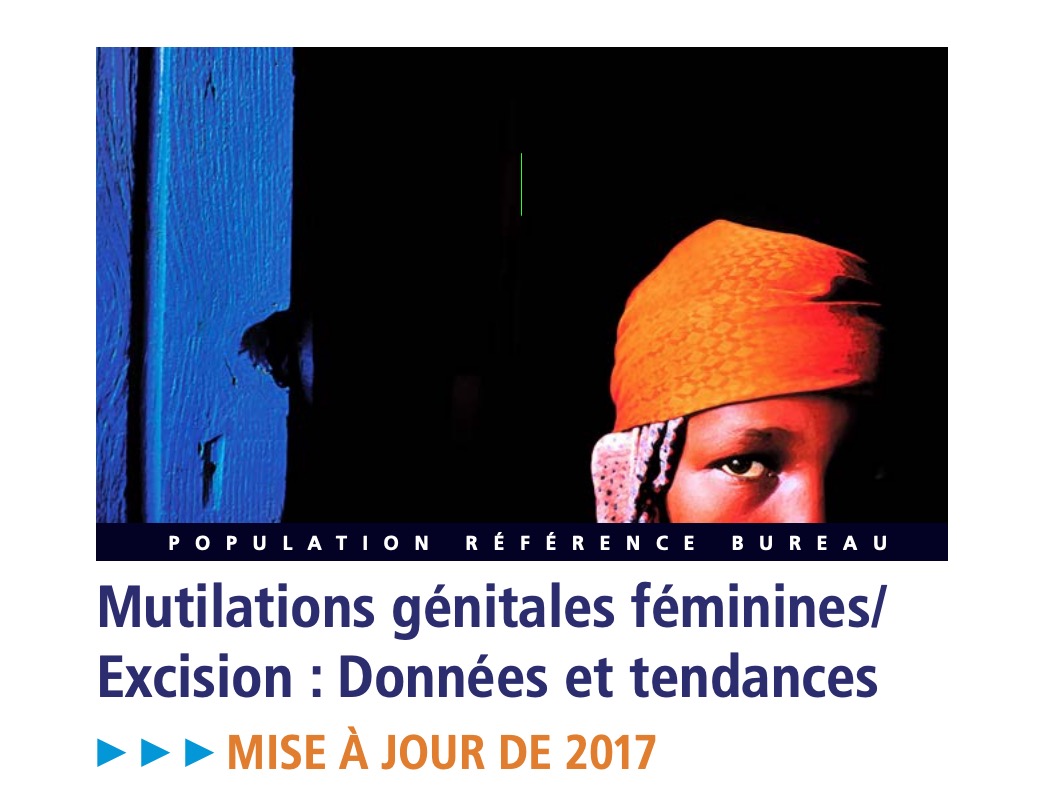Project: PACE: Policy, Advocacy, and Communication Enhanced for Population and Reproductive Health
489 Search Results Found For : " "

Project: Demographic Forecasting Services—AMBAG
Baby Boomers and Millennials Boost Population in Parts of Rural America
Two demographic groups—young adults ages 20 to 34 and older adults ages 65 and older—are reshaping the population in rural America.

Project: PACE: Policy, Advocacy, and Communication Enhanced for Population and Reproductive Health
PACE Presents a New Youth Leaders Module for the Policy Communication Toolkit
A new Youth Leaders module in the Policy Communication Toolkit provides youth-led and youth-serving advocacy and accountability organizations a curriculum that meaningfully engages youth to develop their policy communication knowledge and skills.
How to Create Population Pyramids using Microsoft Excel and PowerPoint
Population pyramids are one of demography's most useful graphics. And they can be easily prepared in Excel and PowerPoint. Here are some simple instructions and files to get you going.
How to make a Population Pyramid
This lesson provides students with the background to understand the importance of age structure on population growth.
Despite Challenges, Ending Early Marriage in Ethiopia Is Possible
(2011) Ethiopia has one of the highest rates of early marriage in the world, with one in two girls marrying before her 18th birthday and one in five girls marrying before the age of 15.
In U.S., Proportion Married at Lowest Recorded Levels
(2010) Marriage rates have dropped precipitously among young adults ages 25 to 34 during the past decade and the decline has accelerated since the onset of the recession, according to PRB’s analysis of new data from the U.S. Census Bureau’s 2009 American Community Survey (ACS) and 2010 Current Population Survey (CPS).

Mutilations Génitales Féminines/Excision: Données Et Tendances
(2017) Les mutilations génitales féminines et l’excision (MGF/E) sont des pratiques néfastes qui se produisent dans le monde entier.
Background to the HIV/AIDS Epidemic in Sub-Saharan Africa
(2002) The HIV/AIDS epidemic is a crisis of enormous proportions that is rapidly wiping out many of the gains sub-Saharan Africa has achieved since the countries attained independence.
